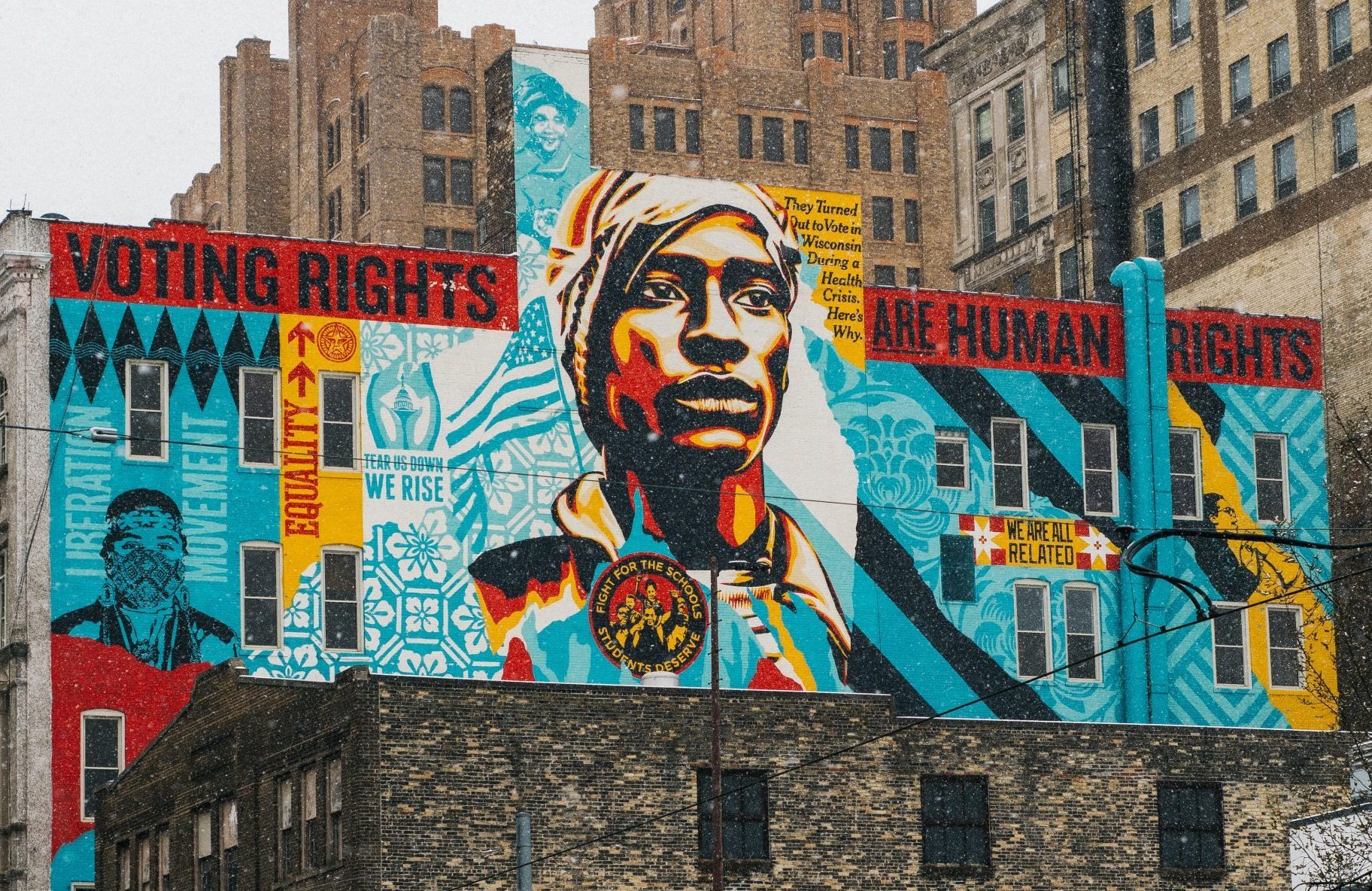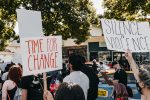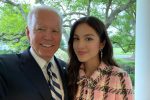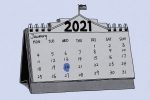Low voter turnout is always a hot topic around election season, and much of the discussion is directed toward college-aged students. Historically, people aged 18-24 have had the lowest voter turnout of any age group. College students’ absence at the polls may be the result of a variety of reasons such as simply not being registered to vote or their general lack of interest in electoral politics. As college students, we are told all the time to go out and vote because it is our duty as Americans to make our voices heard. So why does voter turnout in college students continuously hover around 50%?
One explanation is the cost of voting. From traveling to and from the voting booth to waiting in line, the process of voting can put a wrench in your whole day. On top of that, life doesn’t stop for you to vote. Citizens still have to go to work, and students still have to go to school. One way the government can counteract this loss of time is to make Election Day a national holiday. Federal recognition would eliminate much of the opportunity cost of voting while giving the electorate a specified time to vote. It would also allow more citizens from lower socioeconomic backgrounds to vote since they would not lose a day’s worth of income.
Another way that some countries increase voter turnout is by implementing a voting mandate. For example, in Australia, citizens are required to vote, and those who don’t receive a $50 fine. Since the policy was instituted, Australia has seen a voter turnout of over 90%. Voting mandates give citizens an incentive to go to the polls. While there has been talk in America of national voting days and voting mandates for years, such policies don’t seem to be coming to the United States any time soon.
The main external force driving Americans to the polls is the rallying cries of politicians and lobbyists. Messages that tell college students to vote because “everyone’s vote matters” have become increasingly common. Sometimes an organization’s political views are not even made clear in its advertisement. The overall message is not who to vote for or why, just to vote in general. Vote, vote, vote, because your vote makes a difference. But does it really matter?
Your vote’s ability to make a difference implies some sort of reasonable probability that you could be the voter who decides the winner and loser of an election. But this is simply not the case. In any election with a large number of voters, the chance that you will cast the decisive vote is minuscule. And in a national election with an electorate the size of the United States’, the probability drops to virtually zero. Nevertheless, many Americans cite the value of their vote as an important reason to go to the polls. Some have described this mass — albeit false — belief in voting as a way for the elite to keep the public at bay.
But it may not be true at all that people believe their vote really makes a difference, or that their belief drives their vote. Look at midterm and local elections, where voter turnout is much lower. In these smaller-scale elections, the odds that your vote is decisive are, while still low, higher than in a national election. Voting has a greater impact in midterm and local elections, which should drive more people to the polls, but it is well-documented that the opposite occurs. So, maybe the question should not be why so many people aren’t voting, but instead why so many people are.
A lot of the answer has to do with the all-American morality of voting, or our “duty” to vote. The notion that the freedoms we maintain have been fought for runs deep in our society, so the failure to exercise such freedoms is an affront to those who fought for them. But this is faulty reasoning. The freedom to vote includes the freedom to abstain, so exercising both rights are equivalent applications of the same freedom.
In some ways, politics are treated like a game by a large portion of society, mostly college-educated white men who are the least affected by the outcome of a given election. This demographic has been found to spend more time reading and talking about politics compared to Black and Latinx people, who are twice as likely to dedicate some time to volunteering at local organizations. These white political hobbyists treat national issues like a football game, engaging in discussion and debate with no real stake in the outcome. A result of this can be excessive partisanship, as hobbyists can only see their “team” as the victor. Their fan-like understanding of politics also explains the higher turnout in national elections. For them, voting is almost like watching the Super Bowl: The big stage draws in a bigger crowd. Knowing that voting isn’t taken seriously among many members of society and that your vote is unlikely to have an impact on the outcome can make the act of voting seem like a hassle.
So why should you vote? While your vote may not be of much importance in the sense that it likely won’t determine the outcome of an election, it can make your voice heard by the election’s winner. The number of votes the losing candidate receives can be a great signal that the whole country is not behind all the winner’s policies. It lets the politician know that a large portion of the population still has desires that need to be fulfilled, which can give them a goal to strive for while in office: uniting the country. This knowledge can be a powerful force in counteracting political polarization.
Whether or not you go to the polls, voting should not be the end of your political participation. While your impact through voting is questionable, it is easier to impact your neighbor than a stranger across the country. Volunteering for local organizations that support your ideals and make palpable changes in your immediate community will encourage you to want to do more and to feel in control of your political life. That being said, go vote!

















